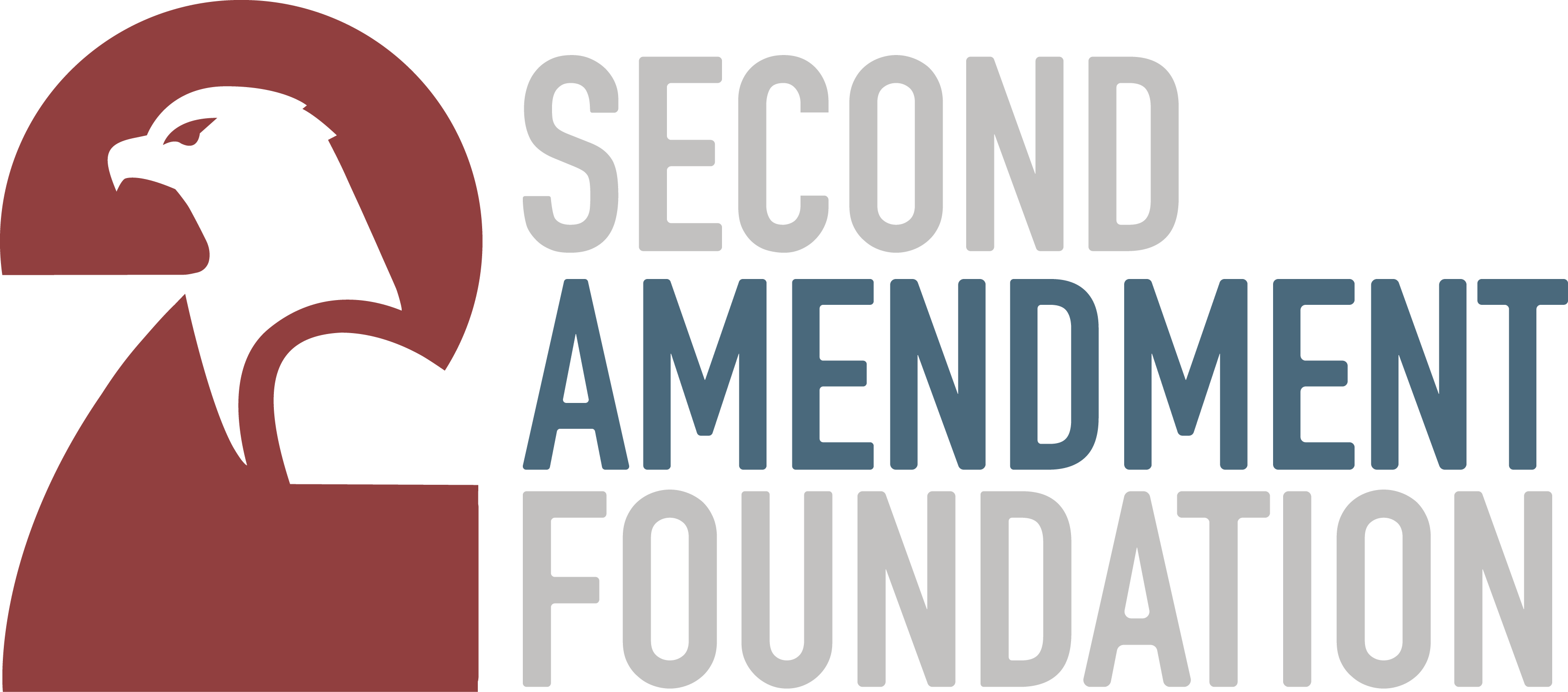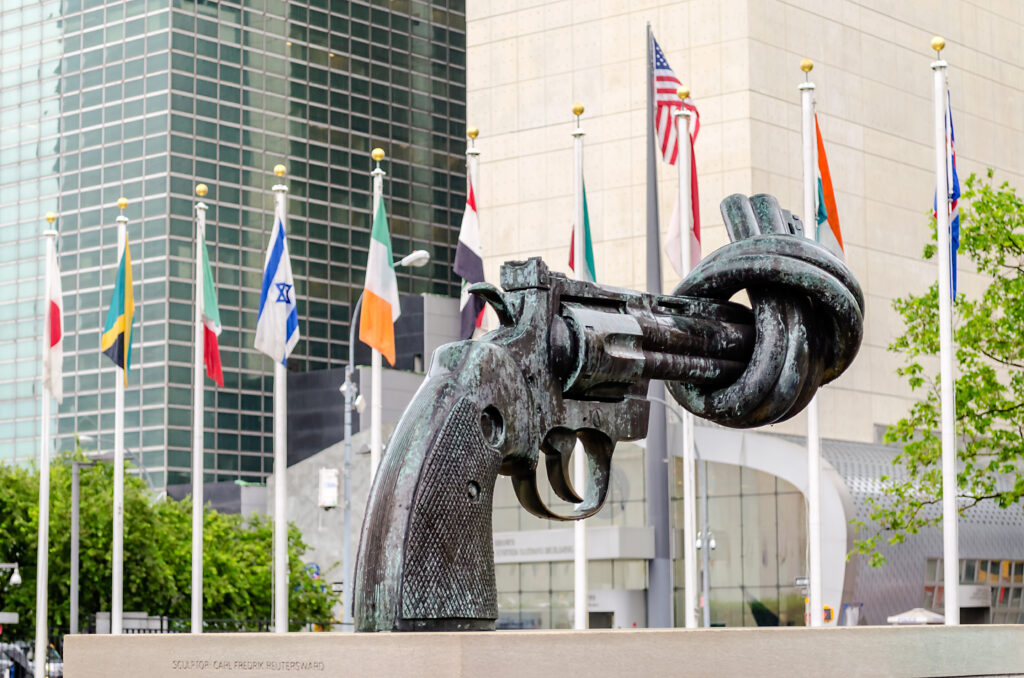Special Report from Geneva by SAF Representative Rick Patterson (Liberty’s Keystone)
Some have suggested the Arms Trade Treaty (ATT) is dying. If you look at metrics — and even the budgetary shortfalls — you may think that is true. Nothing could be further from the truth.
Reporting rates are down, publicly available reporting is down, the Secretariat budget is running more in the red, and no one can point to any successes of the treaty. Even more significant, of the 50 top small arms and light weapons (SALW) importing and exporting countries, less than half of the importing countries are parties to the ATT. Of the top exporting countries only 35% are parties.
The reality, however, is the ATT is on the brink of virtually destroying the companies involved in the legitimate trade of SALW.
The mechanism being used falls under the banner of human rights” (HR) and “international humanitarian law” (IHL). Companies are not parties to these United Nations instruments, which up until now apply only to countries. But the ATT is trying to make companies responsible. There is a concerted effort to expand responsibility for HR and IHL violations from states to companies. This paves the way for victims to sue a company for misuse of products no longer under the company’s control and in circumstances over which the company has no jurisdiction.
These are exactly the goals of the UN Human Rights Council’s “Guiding Principles on Business and Human Rights” and even worse, the Information Note on “Responsible business conduct in the arms sector: Ensuring business practice in line with the UN Guiding Principles on Business and Human Rights” put out by the UN Working Group on Business and Human Rights.
Three “expert” panelists at the meeting made clear the goal. While all three gave halfhearted acknowledgement that HR and IHL has only applied to states, they all made it clear that they think HR and IHL should apply to companies as well. As one of the panelists, Dr. Baydas from the American Bar Association said, not all states are able or willing to uphold their HR and IHL responsibilities, so “we” must start holding companies responsible. She further elaborated that a company must be held responsible for the “cradle to grave” use of products. It doesn’t matter if there is full governmental authorizations for every transfer, that companies have no control over the product after the lawful transfer of possession or any jurisdiction where the misuse occurred – even if the product was stolen from the lawful recipient – companies are responsible to pay for all financial harms to the victims. It is the U.S. city lawsuits against the industry on super-steroids — and with no Congress to establish boundaries of reason to prevent weaponization of the judicial process.
This shift of responsibilities from states to companies will decimate the legitimate and lawful trade. It is the most significant threat the UN has ever posed to the lawful trade of firearms and ammunition, and the very fibers of individual liberties.
Part of their strategy is to confuse “corporate due diligence” with “human rights due diligence.” Of course, a company is responsible to do their corporate due diligence to answer the questions of who, what, when, where and how in every arms transfer. The company also has the responsibility to provide complete and accurate answers to all states involved in the export, transshipment and import. Of course countries are responsible for answering the why (or why not) of any transfer and approving or denying the appropriate licenses/permits.
Fortunately, several influential delegates understand the threats and have expressed agreement with the concerns. Based on the successful arguments used in those discussions, SAF along with FAIR is developing messaging for the Conference of States Parties in August that will combat this grave threat.
Other actions that will be proposed at the August conference include a greater focus on the following topics through the creation of new sub-working groups:
- National control system-import
- Scope/National control list
- National control system-brokering
- Risk assessment (Art 6&7)
- Information management
- General regulation of role players
- Enforcement arrangements
- Post-delivery measures
The Role of Industry will continue as a focus. Brokering and end-use/end-user certificates continue to be brought up as potential topics to discuss, but to date have not been a focus.
Mexico raised a new topic for discussion, and was supported by Uruguay: They want companies to provide full information on their sales. They are also calling for companies to make available the results of their due diligence efforts and raised a topic of “undue corporate influence.” This falls in line with the Information Note’s assertion that a perceived nexus is between countries and the arms industry is part of the HR problem. They believe countries and arms manufacturers are in cahoots — which only further drives their desire to hold companies responsible for the misuse of their products.
As with all UN SALW instruments, much of the ATT discussions are about how countries — particularly small and developing countries — can implement the ATT, and of course those countries asking for more money from developed countries.
As the only legally binding international SALW instrument, it is the best way for gun control activists to impose their agenda on the world. They will not let it go away and will continue to use it as a tool to destroy industry and strip individuals of key personal freedoms and liberties.


